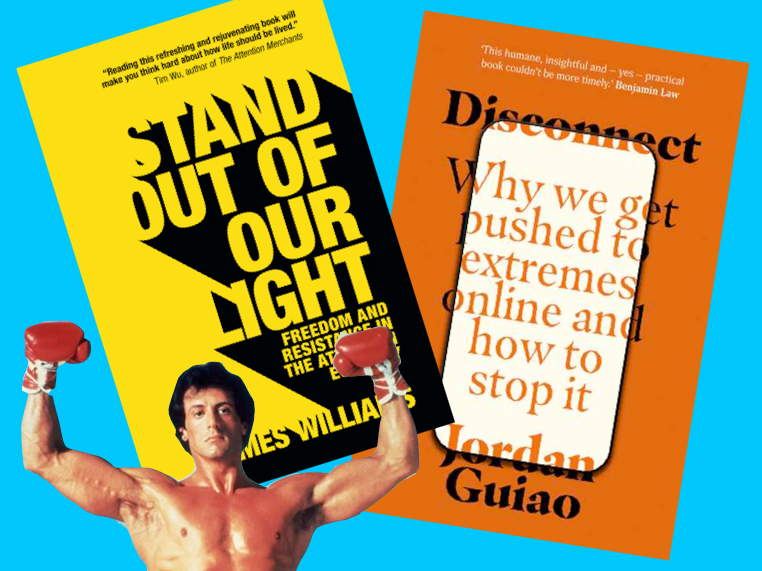
Did you read some good books this year?
I read some absolute gems.
I’m a firm believer that a good book can change your life. This is why I make time to read every day.
As Australian actor Francis Greenslade advises in his book How I Learnt to Act:
“Read novels and plays and poetry. Read everything. I can’t stress this enough. Reading gives you so, so much. The more you read, the more new ideas you absorb, and the more new situations you experience . . .
The more you read, the greater your powers of concentration. What’s even more beautiful about reading is that it puts you into the head of someone else. It forces you to abandon your view of the world and take on anothers. In other words reading gives you empathy . . .
And it’s never too late to start. Read a book and you’ll become a better actor. But Snapchat and glossy magazines and online games – they don’t give you anything.”
On that note, here’s my list of top books for the year . . .
1. Dopamine Nation: Finding Balance in the Age of Indulgence by Dr Anna Lembke
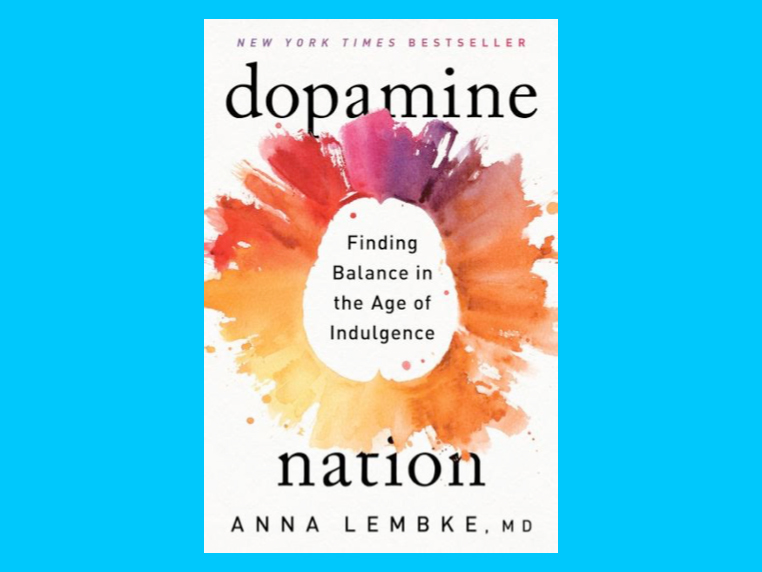
In Dopamine Nation Psychiatrist Dr Anna Lembke argues that in the modern world most of us are running from pain. Whether we’re numbing ourselves with drugs, bingeing on Netflix, gambling, or compulsively shopping online, we’re “distracting ourselves from ourselves”. Lembke states:
“The reason we’re all so miserable may be because we’re working so hard to avoid being miserable.”
Dr Lembke shows readers a path to living a more authentic and fulfilling life.
Spoiler alert: the good life isn’t about having whatever you want, whenever you want. It’s about embracing the discomfort of the present moment and giving our dopamine receptors a chance to regenerate.
2. Stand Out of Our Light: Freedom and Resistance in the Attention Economy by James Williams
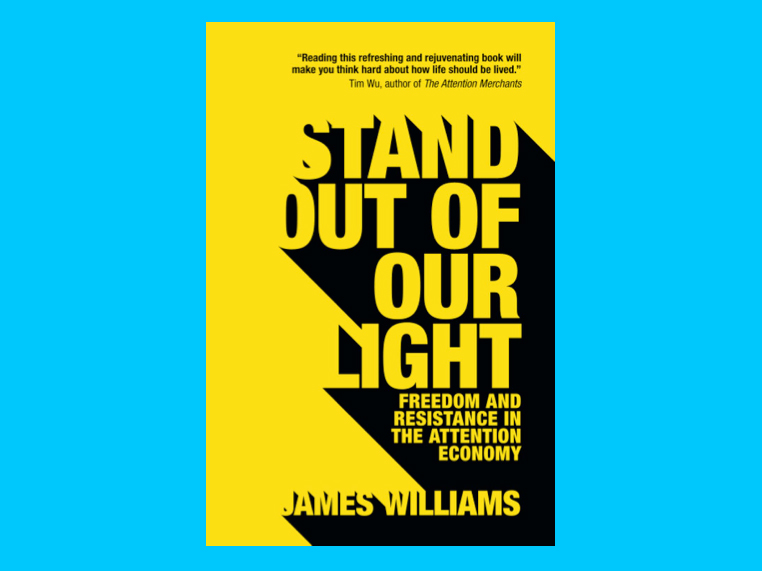
Ex-Google strategist turned philosopher James Williams has written a brilliant book on the importance of reclaiming your attention and fighting back against the persuasive techniques used by the attention economy (i.e., big tech companies).
This book helped me to clearly see that the goals of big tech companies are not aligned with my personal goals. These companies do not have our best interests at heart. Williams argues if you want to be truly free and reclaim your capacity to think, you need to extract yourself from these machines of industrialised persuasion.
3. Stolen Focus: Why You Can’t Pay Attention – and How to Think Deeply Again by Johann Hari
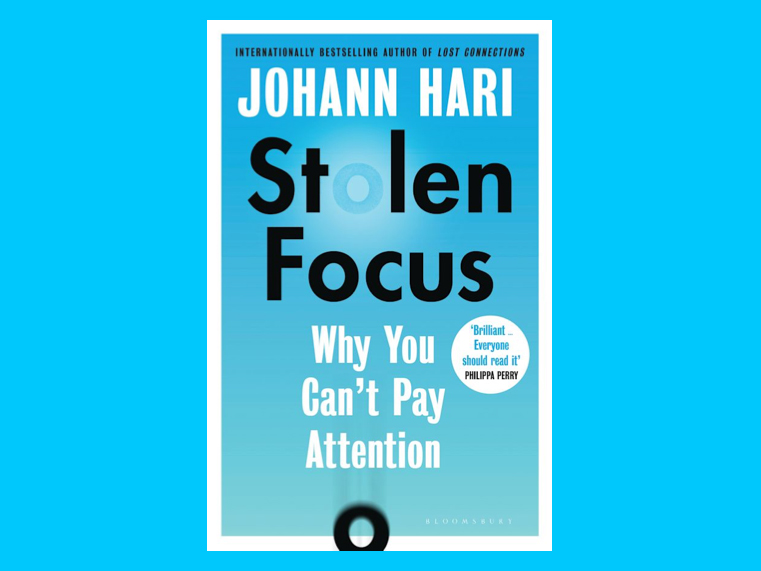
Johann Hari deserves an honorary doctorate for this literary masterpiece. In Stolen Focus, Hari travels the world interviewing experts to understand why our ability to focus has degraded and what can be done about it.
This is a complex, multipronged problem. Hari argues that we need systemic change to solve this crisis of attention (individual action won’t cut it). And this crisis of attention desperately needs our attention. If we stand any chance of solving the major issues we currently face (e.g., climate change), we need to build a social movement to reclaim our attention.
4. Mindful Self-Discipline: Living with Purpose and Achieving Your Goals in a World of Distractions by Giovanni Dienstmann

Being self-disciplined is the key to achieving your goals. But with just one click, you can get sucked into a world of instant gratification. How can you cultivate greater self-discipline in the age of distraction?
Giovanni Dienstmann has thought deeply about this question. In Mindful Self-Discipline he explores the many aspects to cultivating self-discipline. Topics include avoiding the trap of easy dopamine, creating a focus-friendly environment, letting go of unfair comparisons, and cultivating time awareness. This is the best self-help book I have read in a long time. I highly recommend it.
5. Time Wise: Powerful Habits, More Time, Greater Joy by Dr Amantha Imber
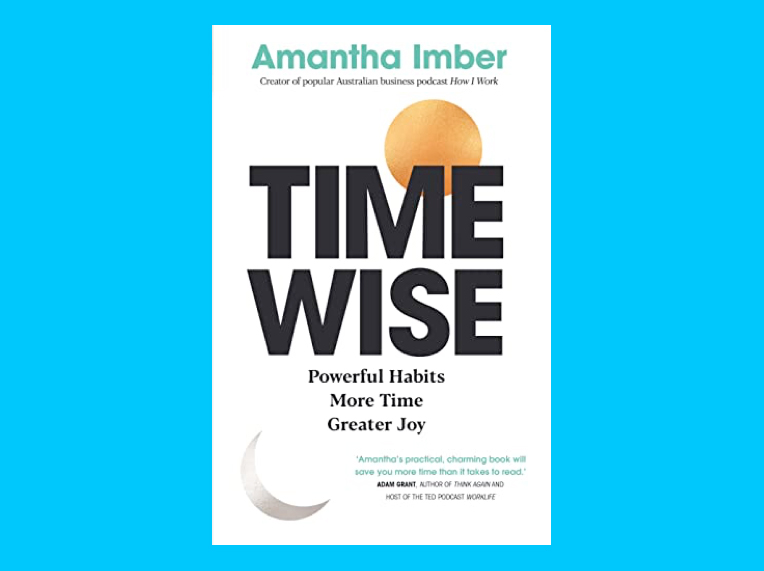
I’m a little sceptical of most productivity and time management books, but I enjoyed reading this book by Dr Amantha Imber. It’s a collection of strategies gathered from her popular podcast ‘How I work’.
I particularly liked the strategies presented to deal with addictive technology.
Some of my favourite strategies included:
• Putting rubber bands horizontally across your phone screen: this acts as a physical barrier to checking your phone.
• Solitude deprivation: Having time to be alone with your thoughts (no inputs from technology). This involves planning when you want to receive inputs from your phone and other devices.
• Creating stopping cues: Social media companies use strategies to keep you scrolling and clicking. To combat features like the infinite scroll, you can create your own stopping cues (e.g., having a set time to log off).
6. Move the Body, Heal the Mind: Overcome Anxiety, Depression, and Dementia and Improve Focus, Creativity, and Sleep by Dr Jennifer Heisz by Dr Jennifer Heisz

Over the years I’ve read a lot of books on the benefits of exercise but this book tops the list!
Neuroscientist Dr Jennifer Hiesz does a superb job presenting the science behind what exercise does for brain health, mental health, and preventing dementia.
Reading this book was like having a light bulb go off in my head. It gave me a deeper appreciation of exercise and how it has helped me to reduce anxiety, keep depression at bay, enhance my focus, and get through challenging times.
7. Disconnect: Why We Get Pushed to Extremes Online and How to Stop it by Jordan Guiao
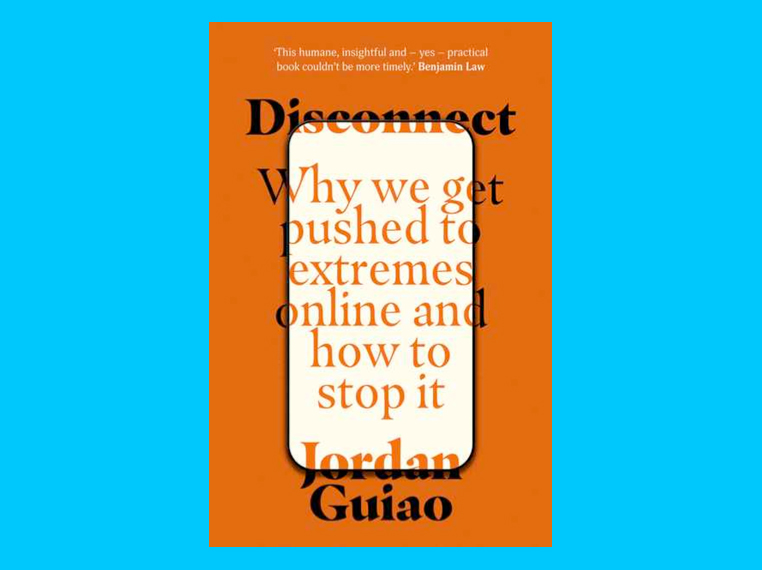
This year I have had more conversations with people who believe in conspiracy theories than in the previous 10 years of my life. It’s alarming. How did we get here?
If you know someone who has fallen down conspiracy theory rabbit holes, this book will help you understand how this happens and what you can do to help your loved ones. Guiao also explores a number of other Internet related issues including social media narcissists, naïve futurists, hateful trolls, and dating app pests.
To sum up
So, there you have it! Those are my favourite nonfiction books for 2022. They were packed full of life changing strategies and wisdom. I’m grateful to these authors for sharing their ideas with the world.
What books did you enjoy reading this year?
I’d love to hear your recommendations.
